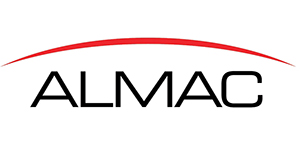Choosing a CMO is not straightforward, but the rewards for building a successful relationship can be high in both the short- and the long-term. The challenges of outsourcing are faced by a range of organisations, from first-time biotechnology companies to Big Pharma; but, irrespective of the nature of the sponsor, the principles remain the same.
This article looks at factors to take into account when outsourcing the production of material for first in human (FIH) studies. I work in the peptide CMO sector, so the article is written through the eyes of a supplier in that field. But, this should give the sponsor valuable insight into the factors that help to shape a successful manufacturing programme. I will cover three main topics: defining the project, conducting process and analytical method development, and project implementation and management

